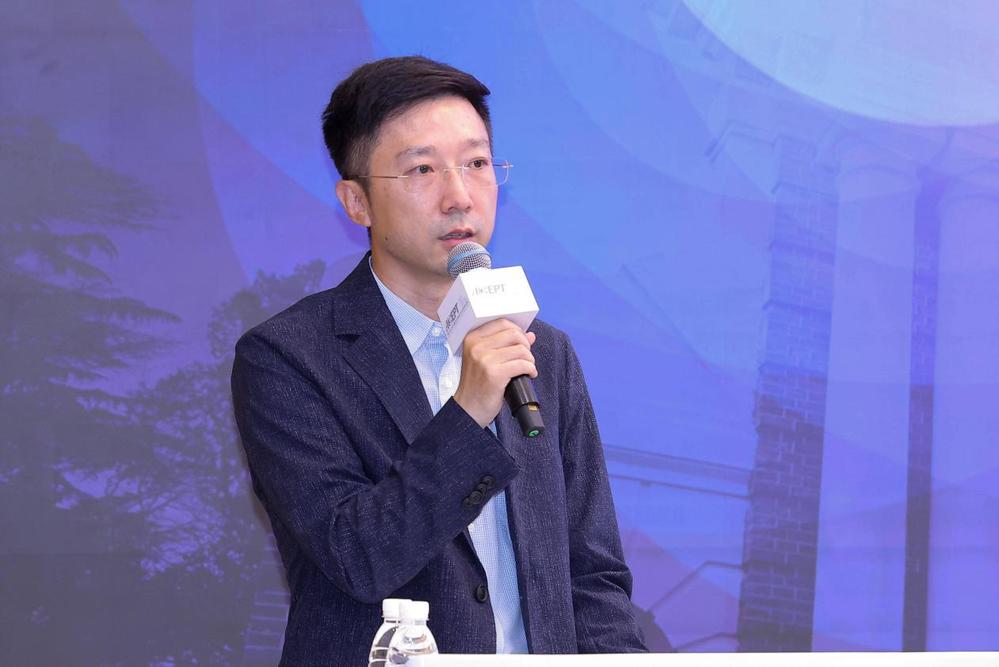Li Ke’aobo: Policies for expanding domestic demand expected to be further ratcheted up in the future
The following is a summary of Li Ke'aobo's comments during his address to attendees at the 49th Tsinghua University Forum on China and the World Economy held at Tsinghua University, Beijing, and broadcasted online on July 2, 2025. Li is Deputy Executive Director of Tsinghua University's Academic Center for Chinese Economic Practice and Thinking (ACCEPT).
On July 2, 2025, the 49th Tsinghua University Forum of China and the World Economy, hosted by Tsinghua University's Academic Center for Chinese Economic Practice and Thinking (ACCEPT) in partnership with the university's School of Social Sciences, was broadcasted online under the theme of "China's 2025 Mid-Year Economic Update." Deputy Executive Director of Tsinghua University's Academic Center for Chinese Economic Practice and Thinking (ACCEPT), Li Ke'aobo, kicked off the forum by first introducing the latest China Macroeconomic Analysis and Forecast Report released by the research institute, which provided an assessment of the country’s economic situation for the second half of the year.

In accordance with the set of circumstances outlined in the report on the current state of China's economy, Li identified several basic projections for the likely direction of the country's policies moving forward into the future.
First, policies for expanding domestic demand are expected to be further ratcheted up in the future. One of the main focal points will pivot around expanding the volume and scope of “trade-in” policies. This expansion in scope will mainly involve moving from consumer goods, such as mobile phones and bicycles, to also include the service industry. The service industry is among the best positioned to drive increases in incomes, with this segment of the working population moreover having a higher marginal propensity to consume, which can hence propel even greater consumption.
Next, Li relayed that the report makes a prediction for the stock market in the second half of the year, with its outlook being generally optimistic. Even though China's stock market witnessed a breakout from the latest moves in the technology sector, its current valuation remains relatively low. The determination for the second half of the year is that the stock market will remain generally stable and may even continue to test new highs.
In addition, the basic assessment of the real estate market is that housing prices seem to have begun bottoming out. This year, Beijing, Shanghai and Shenzhen are expected to completely remove the constraints created by prior restrictions placed on the purchase of residential properties, with prices potentially bottoming out before beginning to pick up again. Furthermore, the rate of return for rental properties is now close to nearing the rate of return for long-term central government bonds. Thus, looking forward into the long term, such residential units most definitely will continue to serve their function as an investment vehicle.
Finally, the argument that China's economy has peaked has now been debunked in view of the new wave of expected returns initiated by DeepSeek’s breakthrough at the beginning of the year. In the arena of China-US competition, investors around the world have observed China’s capacity to challenge US dominance in the sphere of science and technology.




